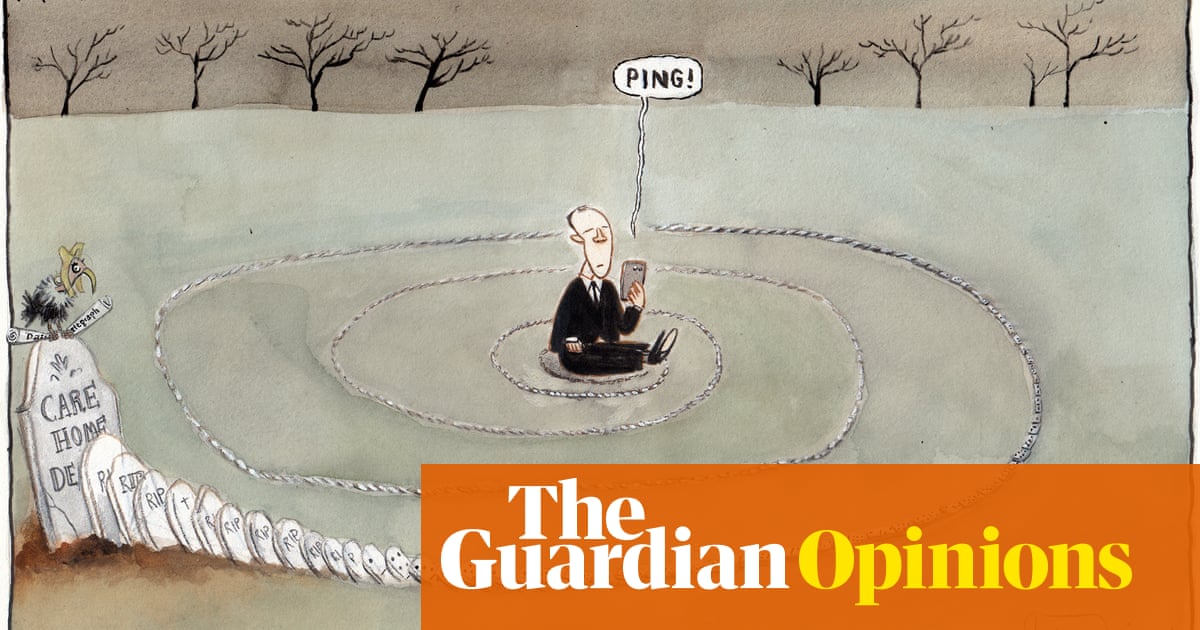
Why should we care if the health secretary is caught kissing his adviser?
Matt Hancock has admitted he breached social distancing guidelines after he was pictured in the Sun kissing Gina Coladangelo, who he appointed last year to be a non-executive director at the Department of Health and Social Care (DHSC).
By embracing someone from outside his social bubble on 6 May, he was in breach of the government’s social distancing rules. Guidance in place since March 2020 had ordered people to “stay at least two metres away from people you do not live with or who are not in your support bubble”.
People should also “avoid direct contact and face-to-face contact with people you do not live with” and “stay at least two metres away from anyone who visits your home for work reasons”, it was said. The rules were relaxed on 17 May to allow friends and family to hug.
Adam Wagner, a barrister and expert on lockdown rules, said indoor relationships with someone you did not live with were not allowed until 17 May. “Gatherings of two or more indoors were illegal except for permitted purposes. One purpose was ‘work’, which would cover being together at work but arguably not for this purpose,” he said.
Hancock is under pressure because last year he said that Prof Neil Ferguson, a leading epidemiologist, “took the right decision to resign” when he travelled to see his lover in breach of social distancing rules.
Was there also a conflict of interest?
Labour and public sector unions said Hancock and Coladangelo should have declared any relationship because there could be potential conflicts of interest with their public duties.
Before Hancock appointed Coladangelo to the department, the pair were longtime friends who met at Oxford University. Coladangelo was an executive with the lobbying firm Luther Pendragon when she became his adviser. Her DHSC role involved overseeing Hancock’s performance as secretary of state and that of the department.
Which rules might Hancock have breached in relation to any conflict of interest?
Hancock may have breached the ministerial code, which states that politicians heading government departments are responsible for avoiding a potential conflict of interest.
According to points 7.1 and 7.2 in the code, “ministers must ensure that no conflict arises, or could reasonably be perceived to arise, between their public duties and their private interests, financial or otherwise”.
It adds: “It is the personal responsibility of each minister to decide whether and what action is needed to avoid a conflict or the perception of a conflict, taking account of advice received from their permanent secretary and the independent adviser on ministers’ interests.”
What about Coladangelo?
As a non-executive director of the DHSC she holds a governance role over the department and Hancock himself. She is expected to abide by the code of conduct for board members of public bodies.
Rules 4.1, 4.2 and 4.3 state: “When accepting an appointment to the public body you should consider if any conflicts of interest arise from your private interests or by virtue of any other roles you hold. You should consider, with advice from the appointing department how these should best be managed, and agree these with the organisation. You must ensure that no conflict arises, or could reasonably be perceived to arise, between your public duties and your private interests, financial or otherwise.”
What do the unions think?
Dave Penman, the head of the FDA union, which represents top civil servants, said: “The private lives of ministers should be exactly that, unless there’s a potential conflict with their public duty.
“The ministerial code and the code of conduct for board members of public bodies both make it clear that it is a personal responsibility to ‘ensure that no conflict arises, or could reasonably be perceived to arise, between your public duties and your private interests.
“If indeed a personal relationship does exist between a minister and a non-executive board member for their department, it would be hard to argue that a potential conflict does not exist, and therefore it should have been reported.”
Will Boris Johnson sack Hancock?
Within hours of the story breaking, Downing Street said the prime minister had accepted Hancock’s apology and “considers the matter closed”. He did not sack Dominic Cummings for driving hundreds of miles with Covid symptoms during lockdown. The prime minister had affairs in work settings with his former Spectator colleague Petronella Wyatt and the US businesswoman Jennifer Arcuri.
Hancock has apologised and said: “I remain focused on working to get the country out of this pandemic, and would be grateful for privacy for my family on this personal matter.”












